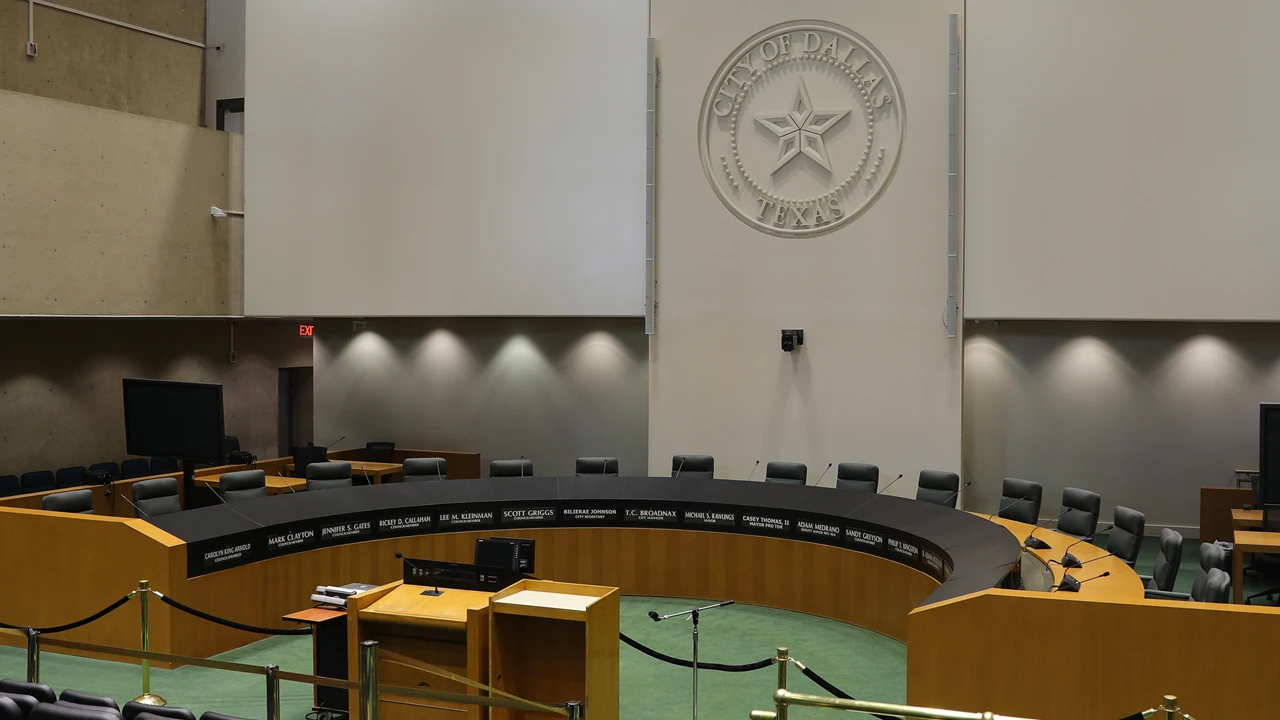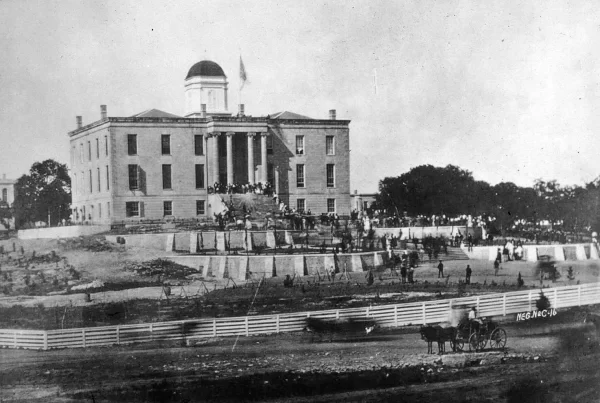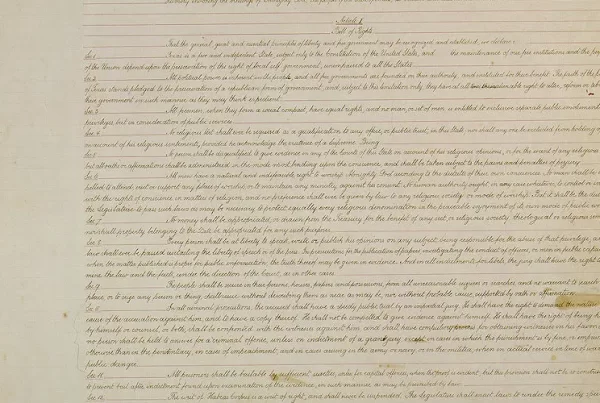City charters serve as the foundational legal documents—local constitutions—that define how municipalities are governed. They outline the structure of city government, delineate the powers of elected officials, and set the boundaries of local authority. In Texas, while all cities operate under state law, their autonomy varies based on whether they are classified as general-law or home-rule municipalities.
Under the Texas Constitution, cities with more than 5,000 residents may adopt a home-rule charter, giving them broad powers of self-governance unless restricted by state law.1 Cities that have not adopted such a charter—typically smaller towns—are governed under general law and may only exercise powers expressly granted by the Legislature.2
General-Law Cities: Powers Limited by Statute
Most small Texas municipalities are general-law cities, operating under frameworks set out in the Texas Local Government Code. These cities fall into Type A, B, or C categories, each governed by specific chapters of law.
A Type A city, for instance, is required to have a mayor and aldermen unless voters approve a different structure.3 General-law cities may only enact ordinances or take actions that are explicitly authorized by statute. This restrictive framework makes them highly susceptible to state preemption.
A well-known example is City of Laredo v. Laredo Merchants Association (2018), where the Texas Supreme Court struck down the city’s ordinance banning plastic bags, ruling it conflicted with the Texas Solid Waste Disposal Act. The decision applied statewide and illustrated the limited legislative flexibility of general-law cities.
Unlike home-rule municipalities, general-law cities do not adopt their own charters. They exist and operate entirely under frameworks set out in state law, relying on the Texas Local Government Code for their structure, powers, and limits. Any local ordinance or governing feature must fit within the authority the Legislature has granted, making these cities fundamentally different from chartered, home-rule cities that draft and amend their own governing documents.
Home-Rule Cities: Broad Authority Within Limits
Cities with a population above 5,000 may propose a home-rule charter and submit it to voters for approval.4 Once adopted, the charter becomes the city’s governing document, allowing it to legislate on any matter not prohibited by state or federal law.
Home-rule cities enjoy significant autonomy. Austin’s charter, for example, outlines a 10-1 council system—ten district representatives and one at-large mayor—approved by voters in 2012. Charters may also govern term limits, ethics standards, zoning powers, and recall procedures.
Unlike general-law cities, home-rule cities may act unless explicitly forbidden. For instance, the city of Denton, operating under a home-rule charter, passed a local ordinance in 2014 banning hydraulic fracturing within city limits. Although the state later overrode the ban through House Bill 40, the case illustrated how home-rule cities can initiate bold regulatory action—subject only to later preemption by state law. The ability to legislate proactively, even in contentious areas, distinguishes home-rule cities from their general-law counterparts.
Creating and Amending Charters
Adopting a charter requires forming a commission and securing voter approval in a municipal election.5 Once approved, the charter becomes legally binding. Amendments may also be proposed by the city council or by petition and must be ratified by voters.6
For example, in 2023, El Paso voters considered multiple charter amendments—including a climate action provision that ultimately failed, while other reforms passed. The case highlights how charters serve as living documents subject to local priorities and democratic input.
State Preemption and Legal Boundaries
Despite their autonomy, home-rule cities remain subject to state preemption. If a state law occupies a particular area of regulation, local laws—even those authorized by a charter—may be invalidated.
This conflict has grown in recent years, particularly with the enactment of House Bill 2127 in 2023. Nicknamed the “Death Star Bill,” the law prohibits cities from enacting ordinances that conflict with various state codes, including those related to labor, agriculture, natural resources, and business.7 Several cities challenged the law in court, arguing it violates home-rule protections under the Constitution.
Such conflicts underscore the tension between local self-governance and legislative supremacy—especially in fast-growing urban areas where local priorities may diverge from those of state lawmakers.
Practical Differences in Governance
Home-rule cities frequently pursue ambitious policy goals using their charter authority. San Antonio’s now-overturned paid sick leave ordinance and Dallas’s creation of a civilian police oversight board are examples of policies that would be impossible under general-law limitations.
By contrast, cities like Blanco or Crockett—operating under general law—must adhere closely to statutory templates. They cannot alter their governmental structure or introduce new regulatory powers without explicit legislative approval.
While home-rule charters provide broader flexibility, that autonomy is increasingly shaped by state-level constraints. Nonetheless, charters remain essential tools for tailoring local governance, enabling cities to reflect their unique political and civic values within a shared constitutional framework.



